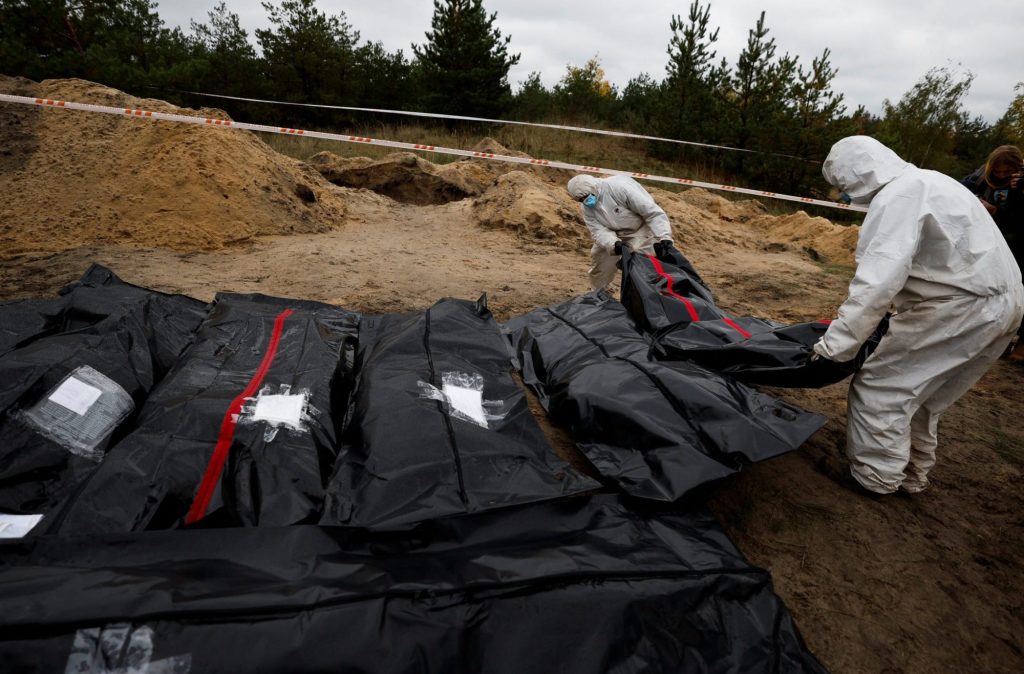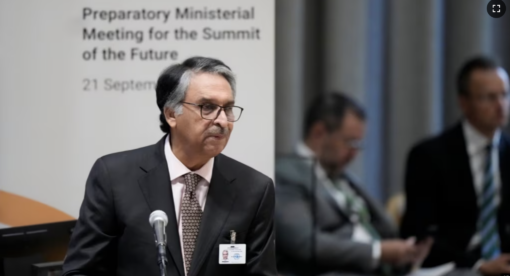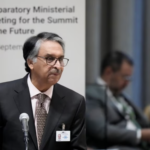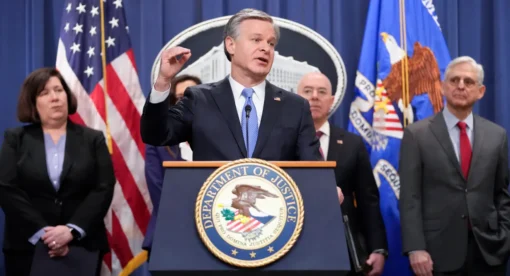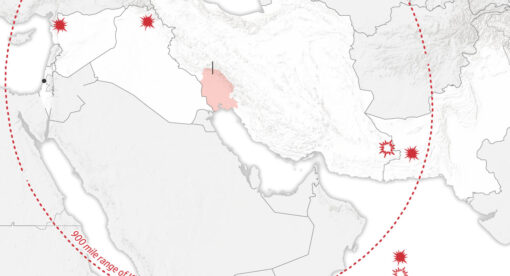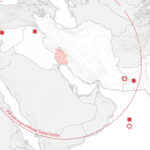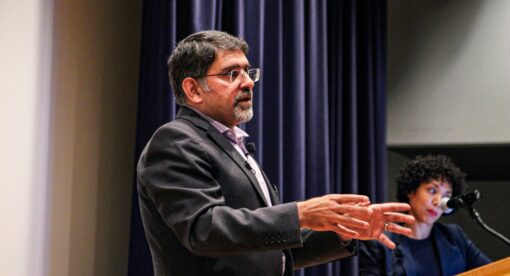The brutality of Russia’s full-scale invasion of Ukraine has shocked many, even as Ukrainians and regional experts have noted that today’s war crimes fit broader patterns of Russian aggression against Ukrainians stretching back centuries. As evidence of atrocities continues to accumulate, the international legal community is closely monitoring the situation.
In May 2022, the New Lines Institute and Raoul Wallenberg Centre for Human Rights issued an independent legal inquiry that found the Russian Federation in breach of the United Nations Genocide Convention’s prohibition on direct and public incitement to genocide. The report identified a serious risk of genocide. In other words, the first few months of Russia’s full-scale invasion of Ukraine provided ample evidence to trigger the central duty of the United Nations Genocide Convention, namely to prevent genocide in Ukraine.
The UN Genocide Convention legally obligates its 152 signatories, including Russia, to act as soon as they become aware (or should have become aware) of genocide risks. All forms of violence should be condemned everywhere, but genocides have been declared the “crime of crimes” in international law, as they target a community’s most basic right to exist.
The horrors of genocidal violence sometimes obscure a crucial point in analyses of Russia’s egregious actions against Ukrainians. While the Genocide Convention forbids genocidal violence itself (“the commission of genocide”), it also prohibits four other related actions: Conspiracy to commit genocide, attempts to commit genocide, complicity in genocide, and direct and public incitement to genocide (Article III). The inciting language of Russian state actors has long met the “direct and public” standard and is a crime with no statute of limitations.
Read the full article for Atlantic Council.

